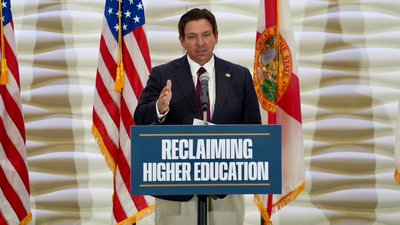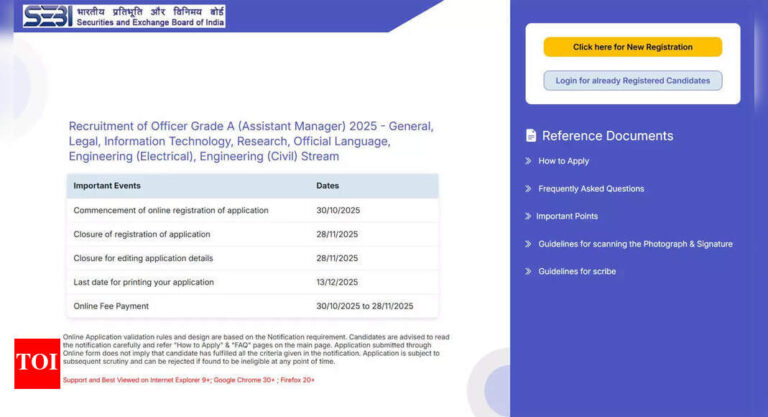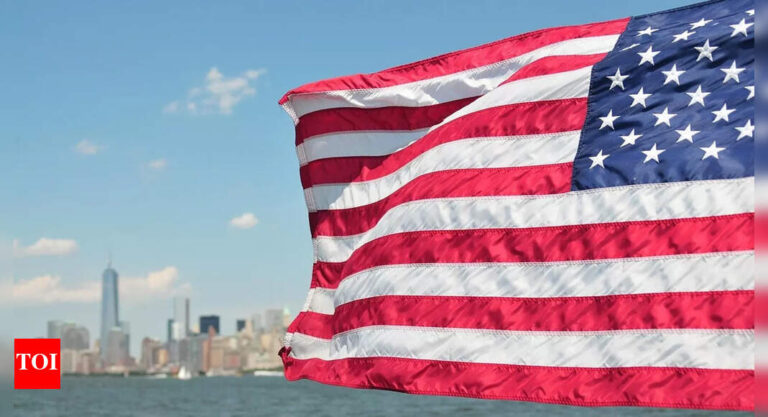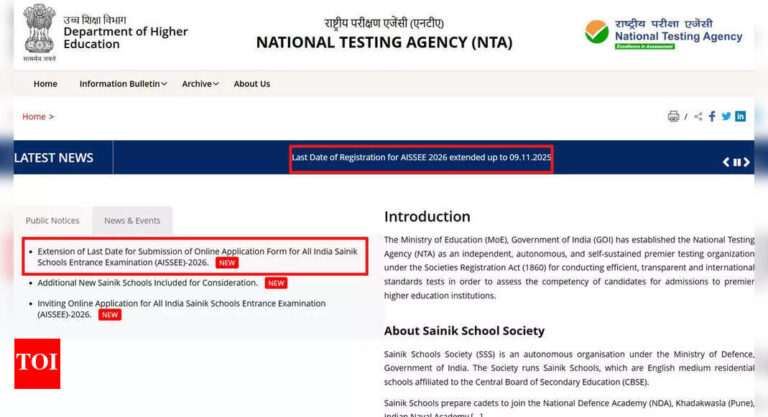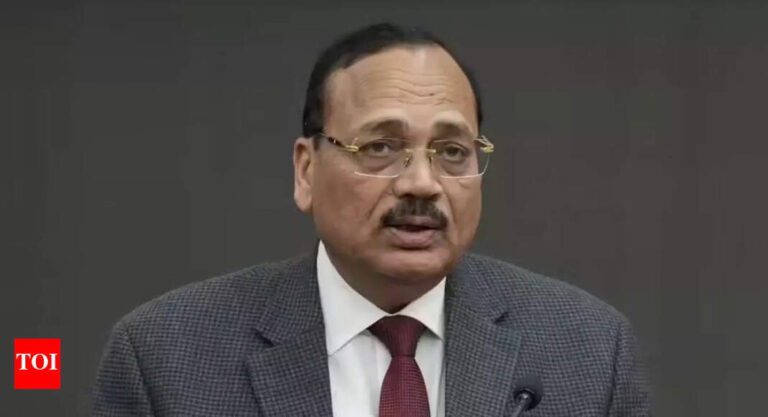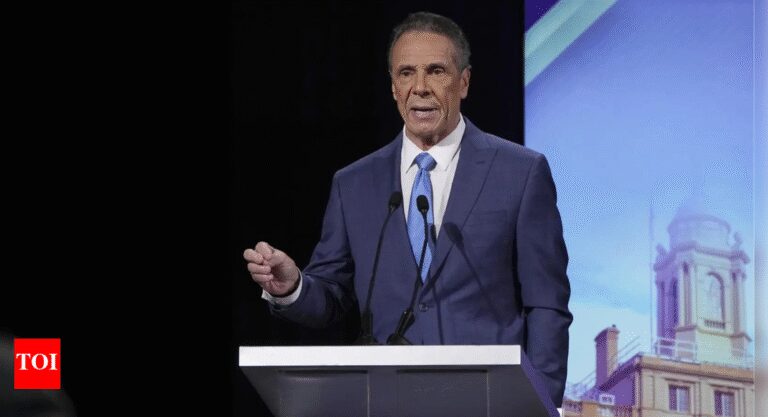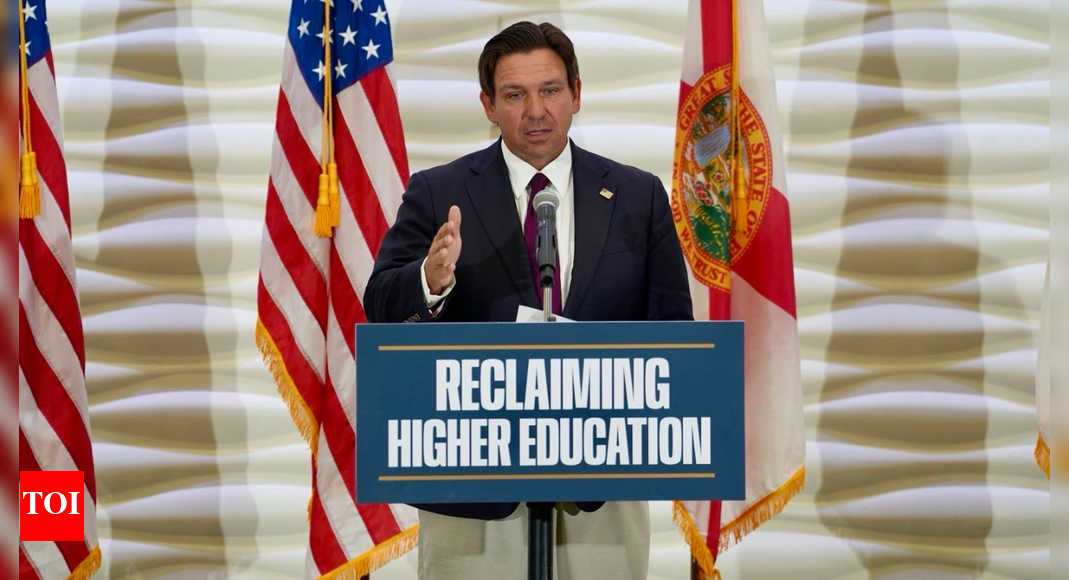
Florida Governor Ron DeSantis has directed state education officials to terminate the use of H-1B visas across the state’s universities, declaring that such positions must be reserved for American citizens. Announcing the move at the University of South Florida in Tampa, the governor cited examples of international appointments in public policy, design, and sports, questioning why American candidates could not fill those roles.The governor’s proposal, while resonating with a populist appeal to prioritise domestic employment, raises significant concerns about its implications for the state’s higher education system. Whether it targets existing visa holders or only future applicants, the exact scope of the plan remains unclear.
When ideology outweighs intellect
The H-1B visa, granted to highly skilled foreign professionals, has long been a cornerstone of American universities’ ability to attract global talent. Data from the Department of Homeland Security shows that about 400 H-1B applications were approved this year for Florida’s 12 public universities, including 156 at the University of Florida alone.By moving to curtail such hires, Florida risks isolating itself from a network of research and innovation that relies heavily on international expertise. University leaders across the country have voiced growing alarm at what they see as a contraction of the intellectual pipeline. Lynn Pasquerella, president of the American Association of Colleges and Universities, told The New York Times that restricting H-1B sponsorship would undermine the public mission of higher education by weakening recruitment and retention of leading international faculty, researchers, and students.Although the federal government regulates H-1B visas, state boards can still choose to limit or end their sponsorship, a step that could invite protracted legal challenges.
Aligning with Trump’s hard line
Mr DeSantis’s move closely mirrors the policies of President Donald Trump, whose administration last month imposed a $100,000 fee on new H-1B applications. That decision prompted the Association of American Universities (AAU) and the United States Chamber of Commerce to file a federal lawsuit, warning that the fee would cripple research and innovation at leading institutions.Barbara R. Snyder, president of the AAU, has cautioned that the effects of such measures are already tangible, with many institutions pausing or cancelling international hiring. Several universities, including Washington University in St Louis and the University of Illinois Urbana-Champaign, have testified in court about the crucial role played by foreign researchers and educators.
The risk to Florida’s academic standing
If implemented, Florida’s withdrawal from H-1B sponsorship could have far-reaching consequences for its public universities, both in reputation and in capacity. Modern research ecosystems thrive on cross-border collaboration and diversity of expertise. Limiting that exchange may insulate institutions from global progress rather than empower them.For a state seeking to build its credentials in science, technology, and innovation, this directive could prove to be a costly gamble, one that risks weakening Florida’s universities at a moment when the global competition for talent has never been fiercer.

